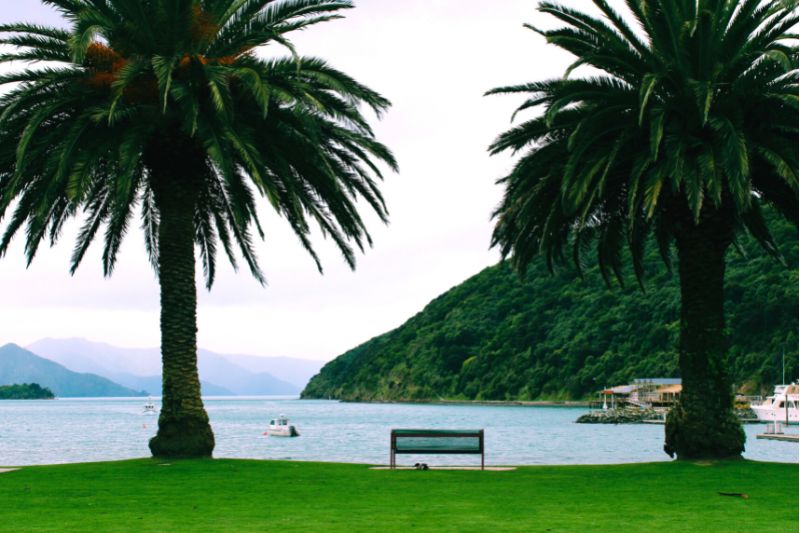He aha te mea nui o te ao? He tangata, he tangata, he tangata. (What is the most important thing in the world? It is people, it is people, it is people!) – Māori proverb.
After three years of Covid disruption, I had the pleasure of returning to Aotearoa/New Zealand to visit family and friends in Christchurch over December-January. The visit was one of joy and delight but also had a definite shadow side.

The shadow side most notably included my parents’ contracting Covid for the first time. This caused not a little worry, especially given their age and state of health. It also, however, provided an opportunity for reflection on the ups and downs of interconnectedness.
As was to be expected in a close-knit clan such as ours, the family rallied round — definitely one of the great blessings. My sisters (one of whom became engaged during my stay — another great joy) organised antivirals and did major shop ins while I (who luckily remained plague-free — another blessing) was able to do short distance trips on foot to collect medicines, RAT tests, masks and basic groceries.
Family was a bit of a double-edged sword, though, and revealed the flip side of interconnectedness. It was precisely at a long awaited Christmas family gathering in Picton (a beautiful town at the top of the South Island) that the unwelcome secret Santa present was given and received. No matter how much one might wish for an end to the pandemic, Covid is transmitted aerially, especially through close human interaction, and the virus itself remains stubbornly immune to optimism as a coping strategy. Solemn declarations that the pandemic is over do not seem to have been heeded by the virus itself.
Similar interplays of light and shadow could be seen as the ripples of interconnectedness spread outward, too. Church members, friends and others were wonderfully supportive of my parents as they moved towards what seems (another joy) to have been a full recovery. The Covid helpline was efficient to a fault and put us in touch with the right pharmacists for the right antivirals (all supplied free). The pharmacists not only provided surgical masks and RAT tests for the whole family free with the antivirals but also threw in a free pack of N95 respirators. Friends and strangers rallied round with recovery remedies and pastoral support.
'Solemn declarations that the pandemic is over do not seem to have been heeded by the virus itself.'
At the same time, New Zealand, like Australia, has moved to a vaccine-only approach to preventing the pandemic. Masks are not mandated in any public places and infection rates in the Land of the Long White Cloud (once the envy of the world) have now soared to match those seen in Australia. Antivirals are life savers for many (and made a huge difference to my parents). Nevertheless, the brunt of the pandemic in both countries now is borne by the most vulnerable — First Nations, the very young (who cannot get vaccinated), older people and those with disabilities — and society at large seems to be quite comfortable with this.
Ultimately, of course, this eugenic approach to the virus — echoing some of the worst tendencies in our history — is going to be self-defeating. None of us is self-sufficient and none of us can deal with this thing on our own. With a reservoir of the virus active in the community and the Global South still vastly under-covered by vaccines, everyone is at risk as Covid adapts and tries its luck once more. As one of my sisters (a surgeon) likes to say, ‘Whatever doesn’t kill you mutates and tries again.’ For as long as we don’t realise the truth of the Māori proverb given at the start — that people, all people, are the most important priority for us all and that all of us are deeply interconnected, we will not be able to stand together to protect ourselves and others.
Fr Justin Glyn SJ has a licentiate in canon law from St Paul University in Ottawa. Before entering the Society he practised law in South Africa and New Zealand and has a PhD in administrative and international law.